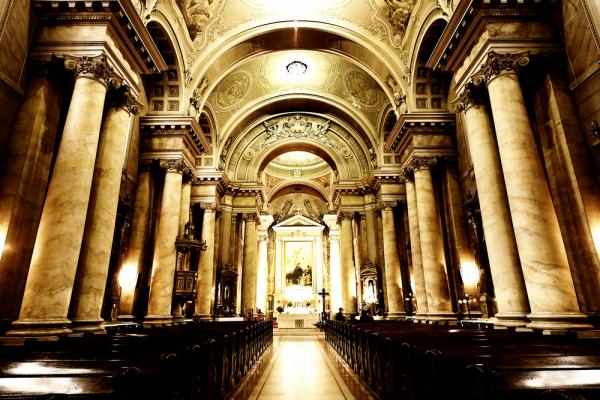Mar 9, 2012
What is a church?
Is it the stained-glass windows or welcome bell mounted in the steeple? Is it the straight-backed pews or scent of incense wafting into the narthex? Sunday school classrooms or spaghetti dinners in the basement?
If you view a church as a building, what happens when it goes away?
According to Reuters, 2011 was a record year for church foreclosures:
“Since 2010, 270 churches have been sold after defaulting on their loans, with 90 percent of those sales coming up after a lender-triggered foreclosure, according to the real estate information company CoStar Group," the article reads. "In 2011, 138 churches were sold by banks, an annual record, with no sign that these religious foreclosures are abating, according to CoStar.”
Read the Full Article

Already a subscriber? Login
